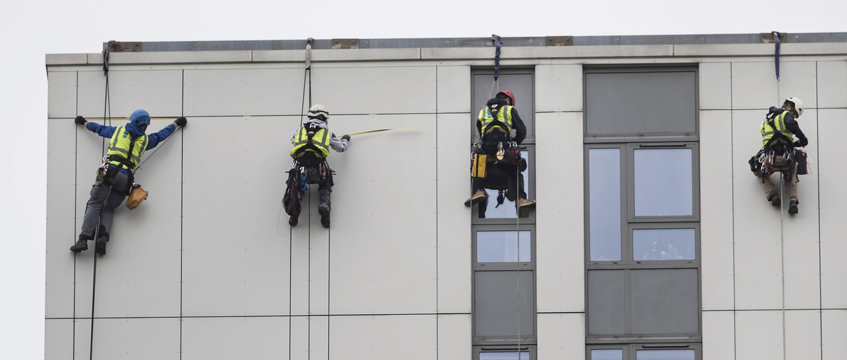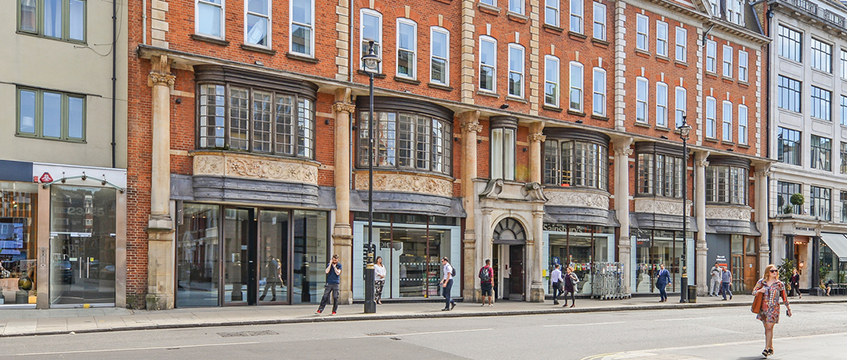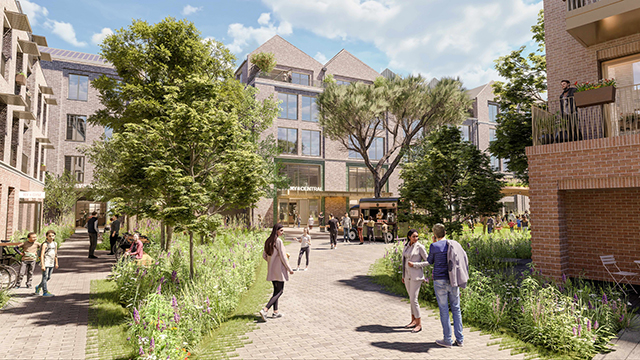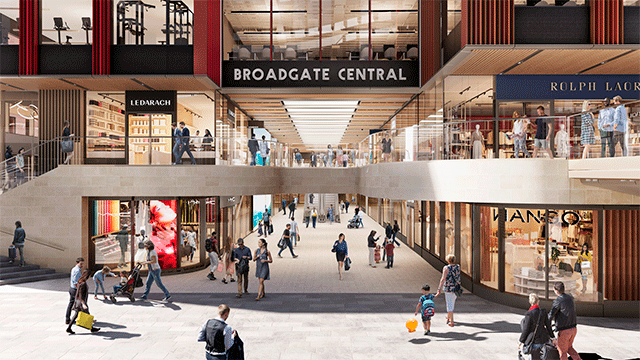Property companies have reacted with fury to Michael Gove’s plans to land them with a £4bn cladding remediation bill.
The housing secretary will tell property developers today that he blames them for the cladding scandal and that “there is no place to hide”.
But builders claim they are being unfairly singled out and argue that others, including the building safety regulator and the manufacturers of cladding materials, should also be held responsible.
“You cannot keep putting all the responsibility on developers,” said Matthew Pratt, chief executive of Redrow. “There is still too much ambiguity and we would love the government to clarify what’s going on.”
Gove will today announce a series of reforms designed to end the plight of 3m flat owners living in unsafe or unsellable homes after the Grenfell Tower blaze, which killed 72.
The most striking u-turn is that Gove has pledged that nobody in buildings between 11m and 18.5m high will have to pay to remove cladding and that he will force the industry, rather than taxpayers, to stump up the £4bn costs.
He is also expected to warn that he is coming after those who mis-sold dangerous cladding and profited from the disaster.
In a statement to the Commons later today the housing secretary is expected to say: “I have established a dedicated team in my department to expose and pursue you.”
Operation Apex, backed by a team of forensic accountants, will trace the ownership of special purpose vehicles intended to obscure liability for building safety. The team will identify “egregious behaviour where freeholders have sought to aggressively pass on costs to innocent leaseholders”, according to leaked papers.
Gove warned that the developers “must pay to fix the cladding crisis that they caused”, giving them a deadline of early March to agree a fully funded plan of action.
While asking the sector to make clear commitments voluntarily, the housing secretary made it clear that failure to volunteer would result in coercion.
“But I must be clear,” he wrote, “I am prepared to take all steps necessary to make this happen, including restricting access to government funding and future procurements, the use of planning powers, the pursuit of companies through the courts and – if the industry fails to take responsibility in the way that I have set out – the imposition of a
solution in law if needs be.”
The letter adds: “Government has accepted its share of responsibility and made significant financial provision through its ACM remediation programme and the Building Safety Fund. Some developers have already done the right thing and funded remedial works and I commend them for those actions. But too many others have failed to live up to their responsibilities.”
Gove said that he will open discussions through a roundtable, bringing together 20 of the largest housebuilders and developer trade bodies. This will be followed by ongoing negotiations with all those deemed to be responsible.
The measures are expected to impact all firms with annual profits from housebuilding at or above £10m.
In the letter Gove said that leaseholders would also be involved in the discussions, adding: “I do not intend for these discussions to take place behind closed doors.”
The statement follows Gove ordering the suspension of Rydon Homes, which is linked to a company responsible for the refurbishment of the Grenfell Tower, from the government’s Help to Buy scheme.











